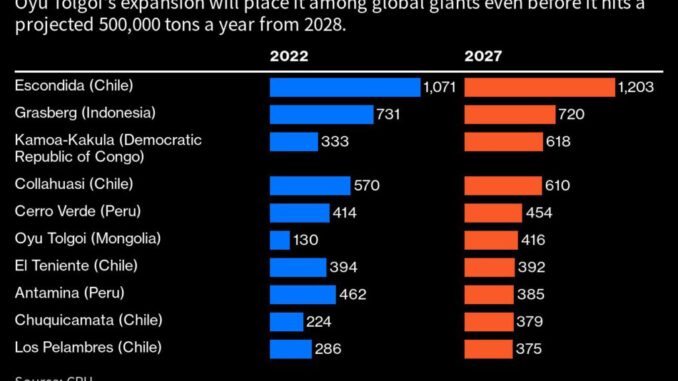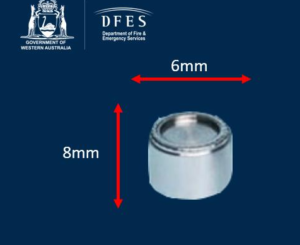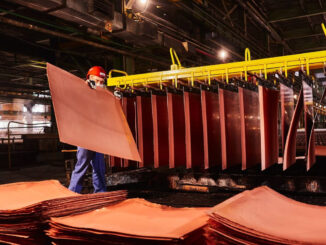
Rio Tinto on Monday said it commenced underground production at its Oyu Tolgoi copper mine in Mongolia.
Since the agreement between the Government of Mongolia and Rio Tinto in January 2022 to reset the relationship and move the Oyu Tolgoi underground project forward, 30 drawbells have been blasted and copper is now being produced from the underground mine.
Oyu Tolgoi is expected to become the fourth-largest copper mine in the world by 2030, operating in the first quartile of the copper equivalent cost curve, according to the company.
The Oyu Tolgoi project is now producing ore from 1.3 kilometers below the surface of the Gobi Desert, Rio’s Chief Executive Officer Jakob Stausholm told reporters gathered at the site. Rio Tinto is spending $7 billion on the underground project.
“It’s not been a smooth ride, let’s be honest about that,” said Stausholm, referring to the mine’s long and troubled journey as lawmakers in Mongolia repeatedly sought better terms.
The mine is expected to produce around 500,000 tonnes of copper per year, on average, from 2028 to 2036.
Open pit mining at Oyu Tolgoi has been operational since 2011.
Last year, Rio Tinto completed its long drawn-out acquisition of the remaining 49% stake in Turquoise Hill Resources, which owned part of the Mongolian mine.
The acquisition gave Rio Tinto a 66% stake in the mine, which has the world’s largest known copper and gold deposit. The Mongolian government holds the remaining 34%.
Shares in Rio Tinto rose 1% Monday morning in New York. The company has a $173.1 billion market cap.
(With files from Reuters and Bloomberg)


